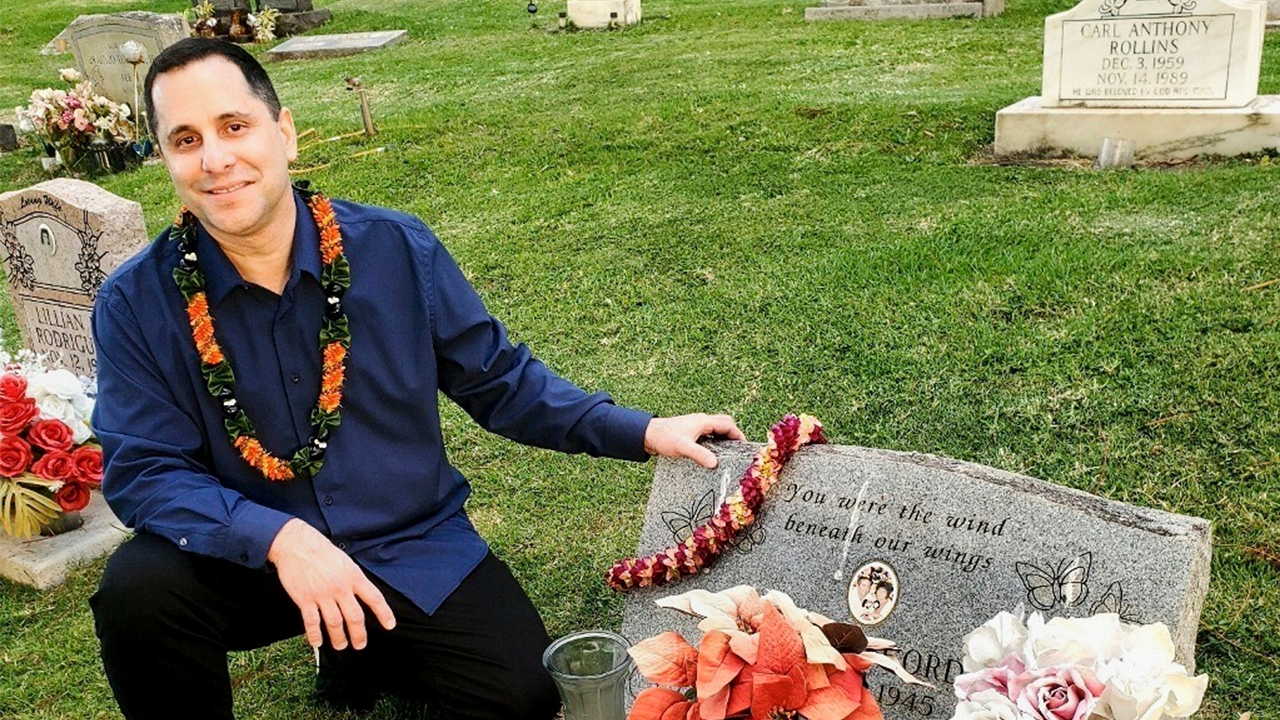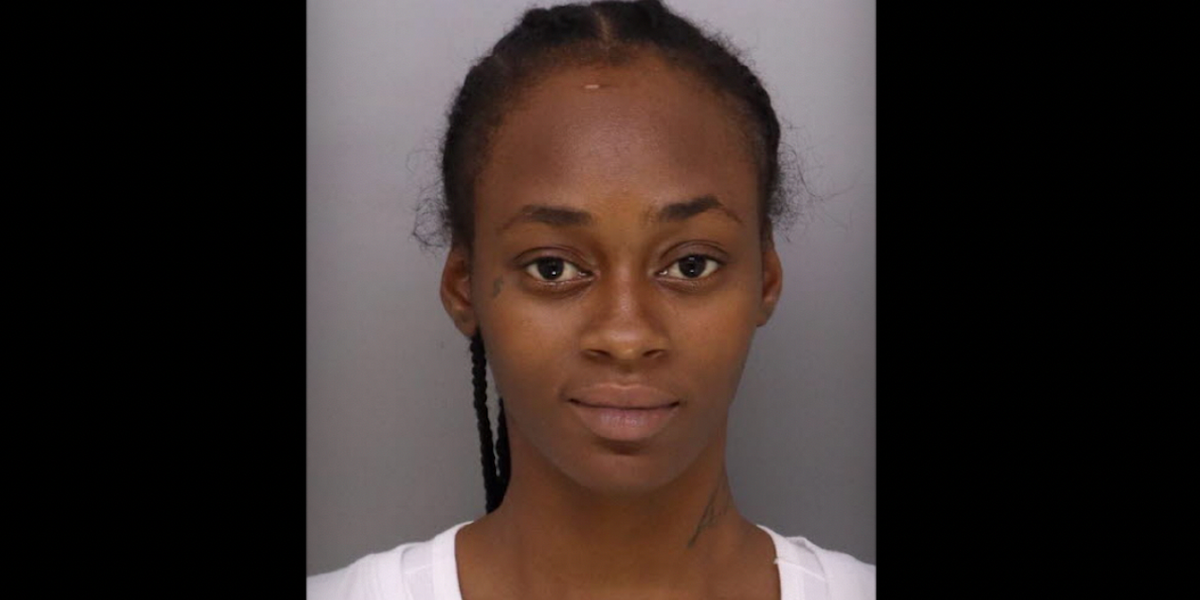A heated exchange took place between podcast host Michael Knowles and PBS journalist Amna Nawaz, as the two debated transgender ideology and so-called “gender-affirming care” during a televised discussion.
The debate highlighted the growing divide between conservative and liberal perspectives on the issue, particularly as more developed nations move to restrict medical interventions for minors, while American left-wing activists continue to push for them.
The discussion began when Nawaz referenced Knowles’ previous statements on transgenderism and its role in shifting public opinion during the 2024 election.
Dennis Quaid’s #1 Warning for Americans
“You mentioned you think there was a lot of progressive overreach that helped propel President Trump back into the White House,” Nawaz stated.
“And specific to that, you have called transgenderism, in particular, one of those issues that you think moved people and moved the needle. You have also said previously that it should be eradicated from public life entirely. And when you were asked about that, you said that you were calling for an end to the ideology, not for an end to the people.”
“Yes,” Knowles responded.
“If you have changed your view at all, please let me know,” Nawaz continued. “But I will confess, I don’t know what the difference is when articulated like that. So could you explain it?”
100% FREE Gun Law Map CLICK HERE
Knowles clarified his position by using a familiar example.
“Sure. If I say that I want to eradicate poverty, I’m not saying that I want to eradicate all the poor people. Quite the opposite. I would like to help the poor people by eradicating poverty,” he explained.
“And so when I made my comments at CPAC a couple of years ago, I have now repeated it so many times, I think I have it memorized. I said, for the good of society, and especially for the good of the poor people who have fallen prey to this confusion, transgenderism must be eradicated from public life entirely, the whole preposterous ideology, at every level.”
Nawaz pushed back, attempting to frame Knowles’ stance as a personal belief rather than a widely accepted reality.
“I will say, as a—you’re saying that it’s reality. This is a belief system that you hold. I mean, transgenderism is something that has been acknowledged by medical professionals. There’s an entire body…”
Knowles quickly interrupted.
“And rejected by medical professionals,” he pointed out.
Nawaz attempted to minimize his argument, saying, “By a few.”
“Dr. Paul McHugh, who pioneered the …” Knowles began before being cut off.
“There’s an entire body of scientific and medical knowledge that backs this up,” Nawaz insisted. “And that’s what gender-affirming care has all been based on in recent years.”
“Not really. Not really,” Knowles countered.
As the conversation progressed, Knowles pointed to studies suggesting that transgenderism is a social contagion, particularly among younger generations.
“Thirty percent of Gen Z self-identifies as LGBT,” he noted.
Nawaz dismissed the concern. “Because more people, experts believe, are comfortable coming out and sharing the identity.”
“Or because it’s a social contagion,” Knowles argued.
“You believe transgender people make other people transgender? Is that what you’re saying?” Nawaz asked.
“This is also backed up in the medical literature,” Knowles replied.
“There was a study in 2018 that showed that school children who are socializing with people who identify as transgender are much more likely to identify as transgender themselves.”
Nawaz attempted to shift the discussion by drawing a comparison to past arguments about homosexuality.
“Michael, you realize this is the same argument people made about gay people, right?”
Knowles didn’t back down. “Well, I’m talking about the whole LGBT ideology. So I suppose, in some ways, I’m making that argument myself.”
“You don’t believe that gay people exist?” Nawaz asked.
“I think people have same-sex attractions and all of that. But I suppose the question I would have to ask is…” Knowles started.
“But that is—no, no, in answer to my question, do you believe that gay people exist?” she pressed.
“I think some people are attracted to members of the same sex, yes,” Knowles answered.
“Those would be gay people, correct?” Nawaz asked.
“Well, I don’t think that one’s sexual desires necessarily define one’s identity,” Knowles responded.
The debate ended with Nawaz questioning whether Knowles’ rhetoric could incite violence.
“When you use words like eradicate, do you worry that puts a target on people’s backs?” she asked.
“Certainly not,” Knowles said.
“In fact, the only targets that I have had on my own back are when I question these kinds of ideologies that have been so terrible for people. The only times I have ever been attacked in public — in one case, someone who’s in federal prison for trying to blow me up at a speech in Pittsburgh — is because I dared to question the trans ideology.”
Knowles continued, raising concerns about the medical risks associated with puberty blockers and gender-transition procedures, particularly for minors.
“People are being introduced to this ideology at younger and younger ages,” he said.
“It can lead to horrific outcomes, especially for younger people put on puberty blockers, which often cannot be reversed. It leads to castration, bone problems, and early death. These are not the sort of things that we should wish for people if we wish for their own good.”
Nawaz closed the discussion by attempting to shift focus back to the audience.
“I’m just going to clarify. You did say it’s your contention,” she said. “I would encourage people to go check out the research and studies on their own.”
WATCH: @michaeljknowles debates PBS host, defending his position that transgenderism should be eradicated from public life pic.twitter.com/pWP0jT34NY
— Daily Wire (@realDailyWire) February 21, 2025
The exchange highlighted the widening gap between conservatives who argue that transgenderism is a social construct driven by political and ideological agendas, and liberals who continue to insist that it is a settled medical issue.
With transgender policies remaining a key political battleground, debates like this are likely to continue shaping public discourse in the months ahead.
100% FREE Gun Law Map CLICK HERE
The opinions expressed by contributors and/or content partners are their own and do not necessarily reflect the views of LifeZette. Contact us for guidelines on submitting your own commentary.
Read the full article here


![Michael Knowles Dismantles PBS ‘Journalist’ in Heated Transgender Debate [WATCH] Michael Knowles Dismantles PBS ‘Journalist’ in Heated Transgender Debate [WATCH]](https://www.rvmnews.com/wp-content/uploads/2024/12/2024.12.30-08.43-rvmnews-6773060639f73.jpg)




![Parents Speak Out After Fifth-Graders Plotted to Kill Ten-Year-Old Autistic Son [WATCH] Parents Speak Out After Fifth-Graders Plotted to Kill Ten-Year-Old Autistic Son [WATCH]](https://www.rvmnews.com/wp-content/uploads/2025/08/2025.08.06-05.15-rvmnews-68938db1be41c.jpg)




![Tennessee Father Spots Fugitive in Woods, Leads to Dramatic Capture [WATCH] Tennessee Father Spots Fugitive in Woods, Leads to Dramatic Capture [WATCH]](https://www.rvmnews.com/wp-content/uploads/2024/09/2024.09.24-05.09-rvmnews-66f2f2605d02c.jpg)